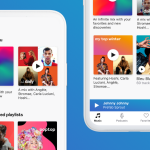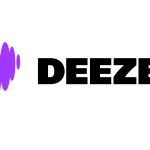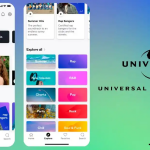On January 15, Deezer took another step towards changing the rules of the streaming game. A few months ago, in this article, we echoed a new approach Deezer and its partners took: the artist-centric one. In the last few days, with the help of SACEM, Deezer has signed a new agreement that could cause a stir. Deezer and the artist-centric approach: a new step. We explain it all in this new article!
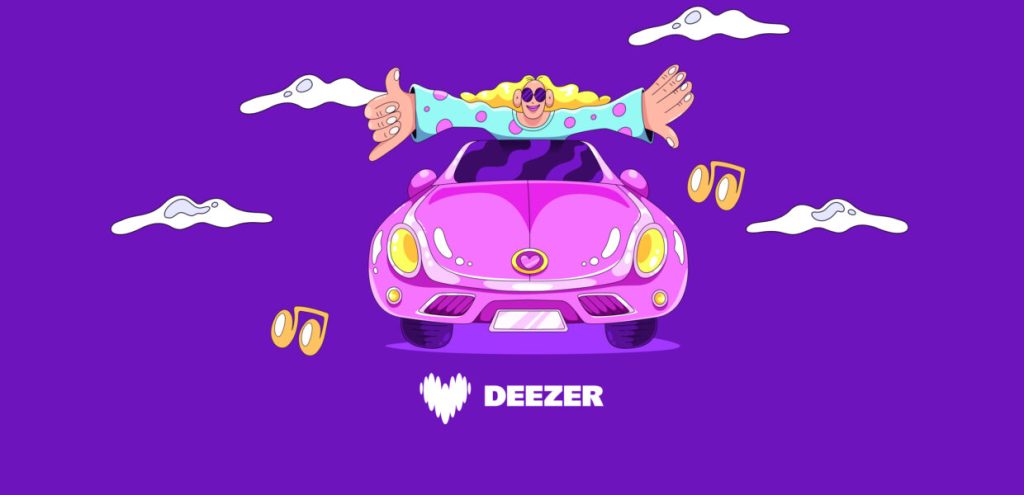
Deezer and the artist-centric approach: a revolution incoming? What is it?
In 2023, Deezer announced its intention to change the model for remunerating artists on streaming platforms. At the time, rights holders had been fighting for many years to change the economics of streaming. Faced with these injustices, Deezer teamed up with Universal, one of the world’s leading music labels, to change the system. The old model, also known as market-centric, redistributed the monthly subscription price to artists that users sometimes didn’t listen to. On a price of 11 dollars, for example, a large proportion of these 11 dollars went to the most listened-to artists on the platform, even though they didn’t count any listens in this account’s statistics.
Through a domination effect, the world’s most listened-to streaming artists rake in substantial sums, while the most confidential artists are content with crumbs. And even though these confidential artists could account for 80% of the listening on a given account. With this market-centric model, nothing changed. And the inequalities widened.

Deezer and Universal also realized that many “false streams” tended to be counted, distorting the data. There was also what we call “noise” music, generated by Artificial Intelligence and therefore not linked to any artist. Deezer intended to clean up this data to make its platform more transparent.
The artist-centric model
It marks a switch to an artist-centric model, based on the actual listening of each user profile. If this person has never listened to Taylor Swift, the portion of his subscription that would have gone to her under the old model, will no longer be allocated to the singer. But to the artists he has actually listened to. It is a logical and fair model, albeit one that involves overturning habits that go back some twenty years.
In France, SACEM, which protects artists’ rights, has joined forces with Deezer to adopt this new model, albeit with a few modifications. A world’s first in music streaming and a possible revolution for copyright.
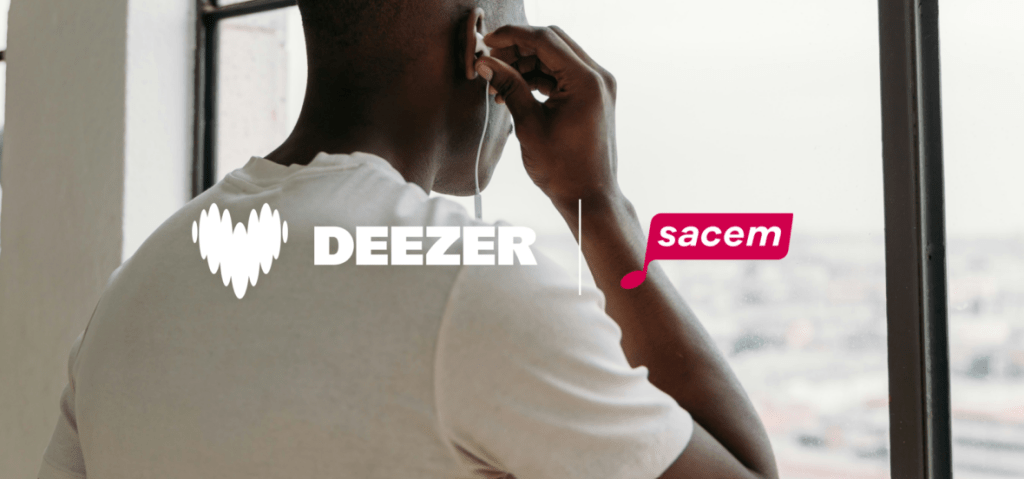
The aim is similar to the agreement negotiated with Universal Music: to combat fraud and redistribute royalties more equitably. With a bonus: if an artist generates at least 1,000 streams from 500 different subscribers, his or her streams will be boosted and doubled. The agreement between Deezer and SACEM also provides another boost for tracks most frequently searched for in the Deezer search bar and for those present in playlists not generated by Deezer’s recommendation algorithm.
Alexis Lanternier, CEO of Deezer, explains the philosophy behind these changes in the following terms:
« Our model ensures that a higher share of what subscribers pay goes to the artists they love while also counteracting fraudulent streaming behavior. Through this partnership, we are pleased to offer these key benefits to songwriters, composers, and publishers represented by Sacem.”
The aim is to create a virtuous circle benefiting all stakeholders. Since this announcement, the streaming world has been riveted on France and Deezer to see where all this will lead. With what consequences?
Deezer and the artist-centric approach: revolution incoming? The consequences
The fact that discussions have been held and an agreement reached is an event in itself. It proves there are two things: a demand for change and the means to bring it forward. There’s no doubt that this is a positive signal for artists fighting to overturn the existing music streaming model. And it could, in time, prompt Spotify, Apple Music, and YouTube Music – all bigger players than Deezer on a global scale – to rethink their plans, too.
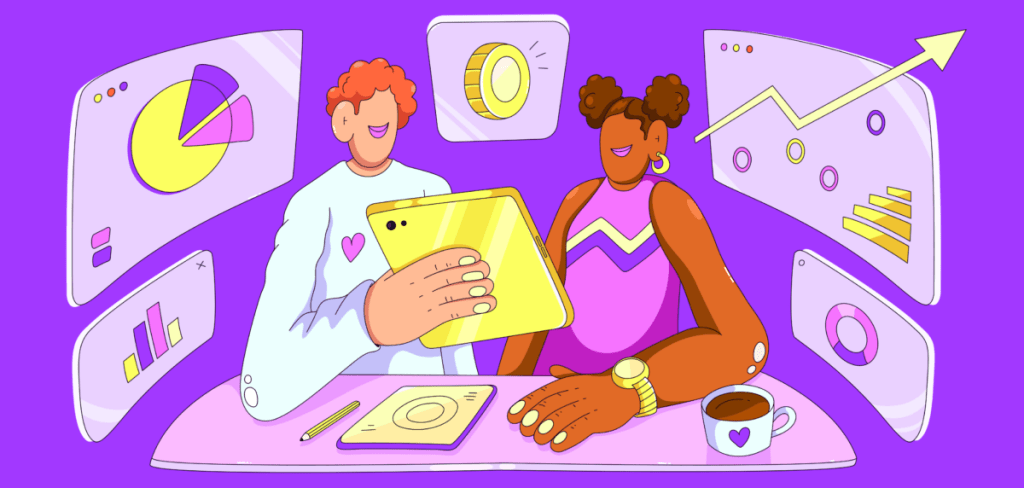
A shift could occur if this model were to be adopted on a massive scale. Artists who stream little compared to the market leaders could be rewarded for their ability to federate a fan base and build long-term loyalty. This model would encourage long-term strategies, fieldwork, and artistic independence. Confidential artists could see their share of streaming revenues increase, enabling them to play more concerts and produce more, thus fueling a sustainable economy.
Long-term relationship
In recent years, many artists have chosen to focus on niche listeners. They are often committed and willing to buy merchandise, go to concerts, and act as a relay for artists on networks. However, these niches are not very profitable in music streaming. The fault lies in a model that doesn’t value them. This could change with the model developed by Deezer and SACEM.
When the partnership between Deezer and SACEM was announced, some voices were raised. These are the same people who criticized Deezer’s new artist-centric approach. Some of the world’s most potent labels fear that a portion of their streaming and revenue will be taken away from them. This would result in a substantial loss of revenue and upset business models.
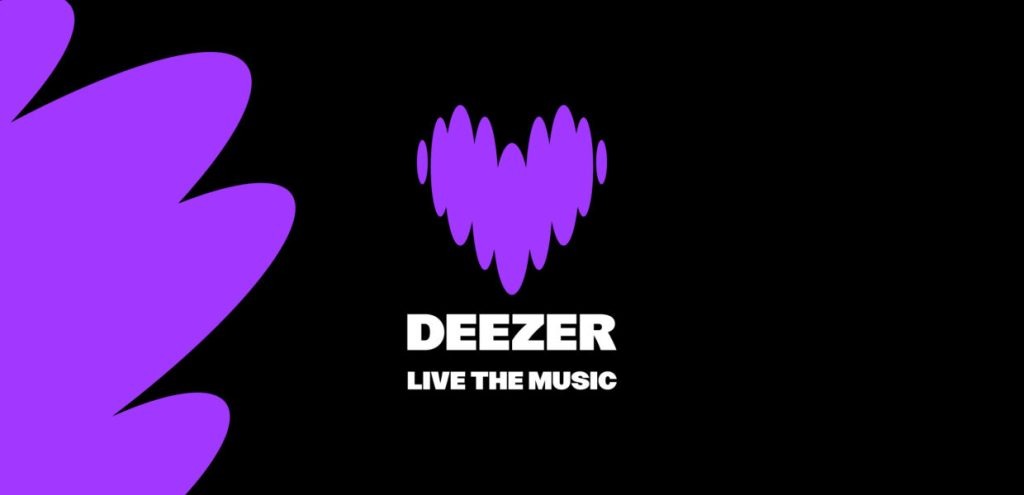
Other voices are also being raised by independent labels, home to artists who do not exceed 1,000 monthly listeners. They are therefore not affected by stream boosts. This is proof that this model, even if it seems positive and, in the long term, beneficial, still needs to be improved. However, it’s a step in the right direction towards a model that is 100% fair to both artists and streaming platforms.
How do I transfer all my data to Deezer?
Deezer’s new approach may have convinced you to turn your back on your old streaming platform. It’s decided: you approve of this new remuneration model and want to migrate to the French streaming service. But how do you go about it? Will you lose all your data? Will the playlists you’ve spent so many years building be lost? Soundiiz is the answer.
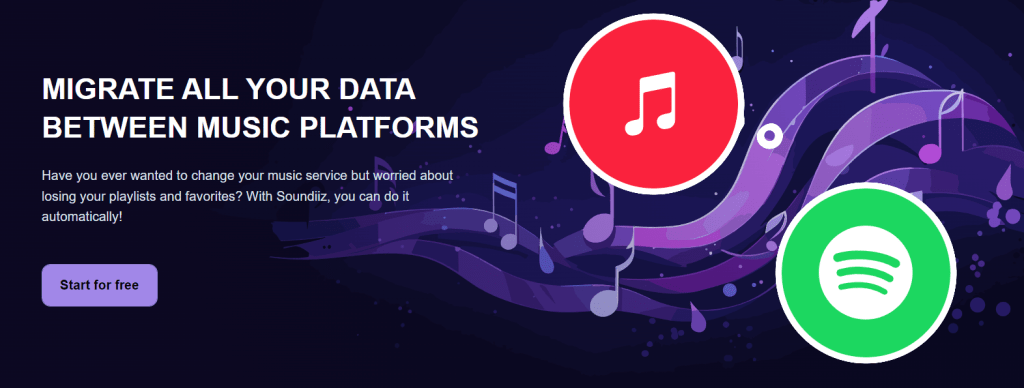
Our services are designed to answer all these questions. We have developed a data transfer tool, which we update regularly, enabling you to transfer all your Deezer data in just a few minutes. Thanks to data identification codes, we can match your source streaming platform to your destination streaming platform using technology whose secret we won’t divulge – of course!-.
Let’s put it this way: you’ve been a Spotify user until now, but you’d like to migrate to Deezer. Thanks to Soundiiz’s Transfer, the songs, artist likes, and other data you’ve collected on Spotify will be transferred directly to your Deezer account. All in just a few minutes. To help you understand in detail how to make the transfers, we’ve put together a tutorial in this blog post. And we promise: it’s very easy to follow! This is the result of many years of experience and our determination to offer you the best possible tool to make your life easier.
Switch easily!
Thanks to Soundiiz, you can switch from Spotify to Deezer, from Apple Music to Deezer, from YouTube Music to Deezer, from Amazon Music to Deezer, from TIDAL to Deezer, or from Qobuz to Deezer. Practical, isn’t it? Note that a free version allows you to transfer 200 data items simultaneously. If you want to transfer more data, you can subscribe to one of our Premium options. As our packages are non-binding, you can make a single transfer and then cancel your subscription.

To test Soundiiz, click here!

